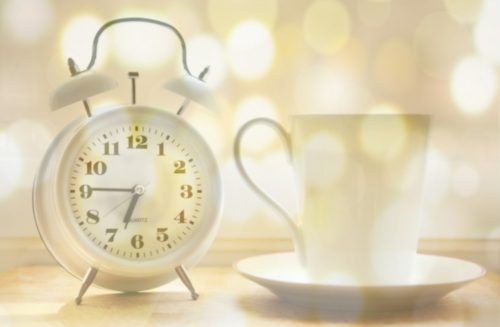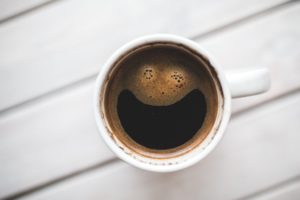
Hobbies for Mental Health
Maintaining your mental health is a daily balance and having hobbies for mental health will help keep you on track. While some of the things
Home » Conditions » Additional Topics » Chronotherapy

Anna Wirz-Justice describes chronotherapy as “controlled exposure to stimuli that act on biological rhythms (such as light) or direct manipulation of sleep to treat psychiatric disorders”.
The first “law” of chronobiology in medicine is to make use of what is available – sleep & wake. If this is done, then we are much more likely to cause remission of illness. The second “law” of chronobiology in medicine is that we ought to cause sustained entrainment through the natural means of regular zeitgebers. A zeitgeber is an external or environmental cue that synchronizes one’s biological rhythms. So we should cause more light, and we should ensure better darkness!
Chronotherapeutic combinations are flexible and should be implemented step-by-step according to the patient’s response. Concomitant antidepressants might be included in order to provide treatment as usual. Chronotherapeutic options usually begin with light therapy for patients who cannot sustain wake therapy. A second step is light therapy combined with a single night’s sleep deprivation. A third step includes a 3-day phase advance.
The full combination of light therapy, 3 times wake therapy, and 3-day sleep phase advance will not be necessary or feasible in all cases, but it can be the trigger for complete symptom remission in major depression.

Maintaining your mental health is a daily balance and having hobbies for mental health will help keep you on track. While some of the things

Learning to ask for help when you truly need it, can be a difficult skill to acquire. Many of us, myself included, are often reluctant

Mental wellness is meant to be encompassing term. Which describes how you feel, think and act to create and maintain a positive social and physical

The benefits of having a support system for mental health are an integral part of recovery and continued care. Studies continue to show that the

Nature and Happiness Surrounding yourself in nature may be one of the greatest medicines we know. Studies have continuously shown its ability to boost mood

Creating routines has been a long-standing recommendation from the mental health community and it all starts in the morning. By building a sunrise structure that

The Neuroscience Center is an institution built on 40 years of experience. We are dedicated to providing high-level expertise in brain health & well-being.
